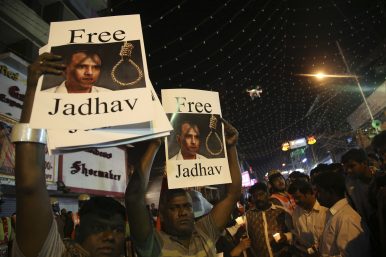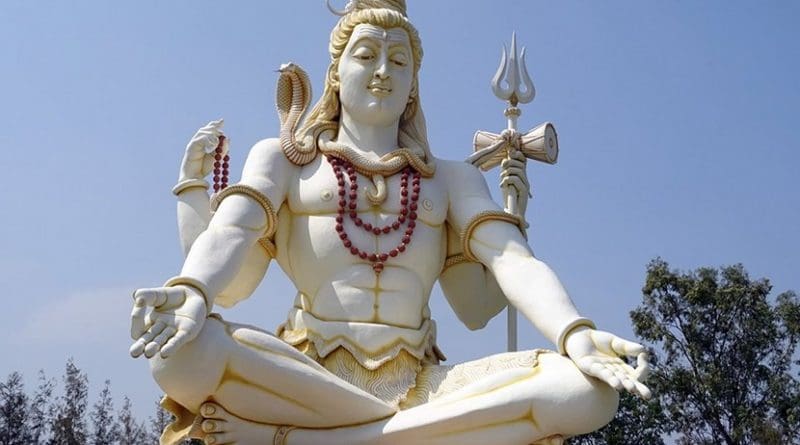By Umair Jamal
The International Court of Justice (ICJ) is expected to announce its verdict in Kulbushan Jadhav’s case on July 17. Jadhav, an Indian national and a retired navy officer, was arrested by Pakistan in the country’s Balochistan province in 2016. The verdict is important for both countries as it will carry significant implications for New Delhi and Islamabad’s stance on the issue and their relationship.
In 2017, Pakistan’s military courts incriminated Jadhav with terrorism and espionage charges, and sentenced him to death. Pakistan was unable to carry out the death sentence after India approached the ICJ for mediation in the case. The case’s nature has remained very complicated with both India and Pakistan bringing to table arguments that have challenged the court’s ability to pass a decisive judgment. For instance, India has maintained that Islamabad violated the Vienna Convention on Consular Relations as the country didn’t allow consular access to Jadhav. Article 36 of the Vienna Convention states that “foreign nationals who are arrested or detained be given notice without delay of their right to have their embassy or consulate notified of that arrest.”













